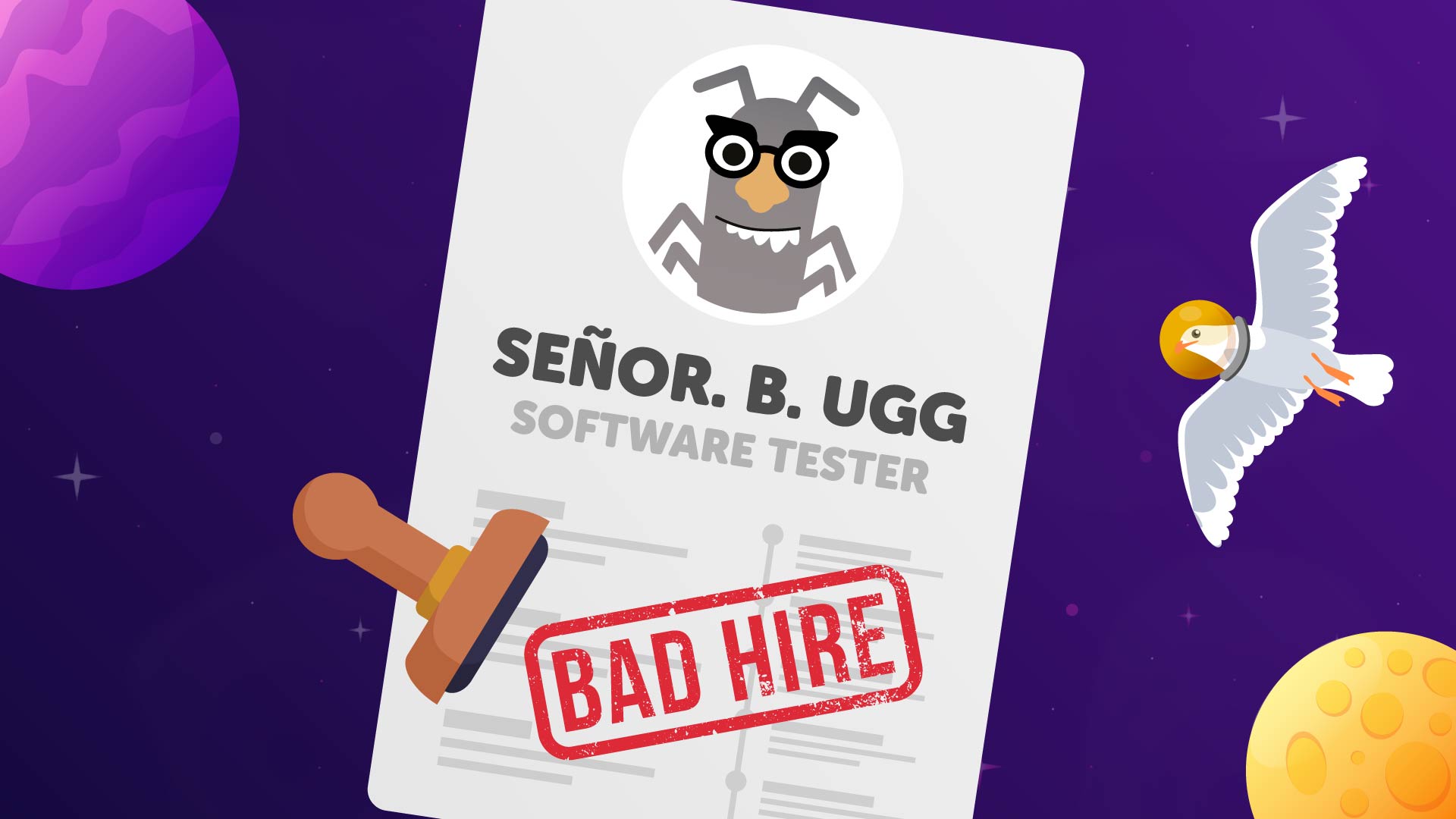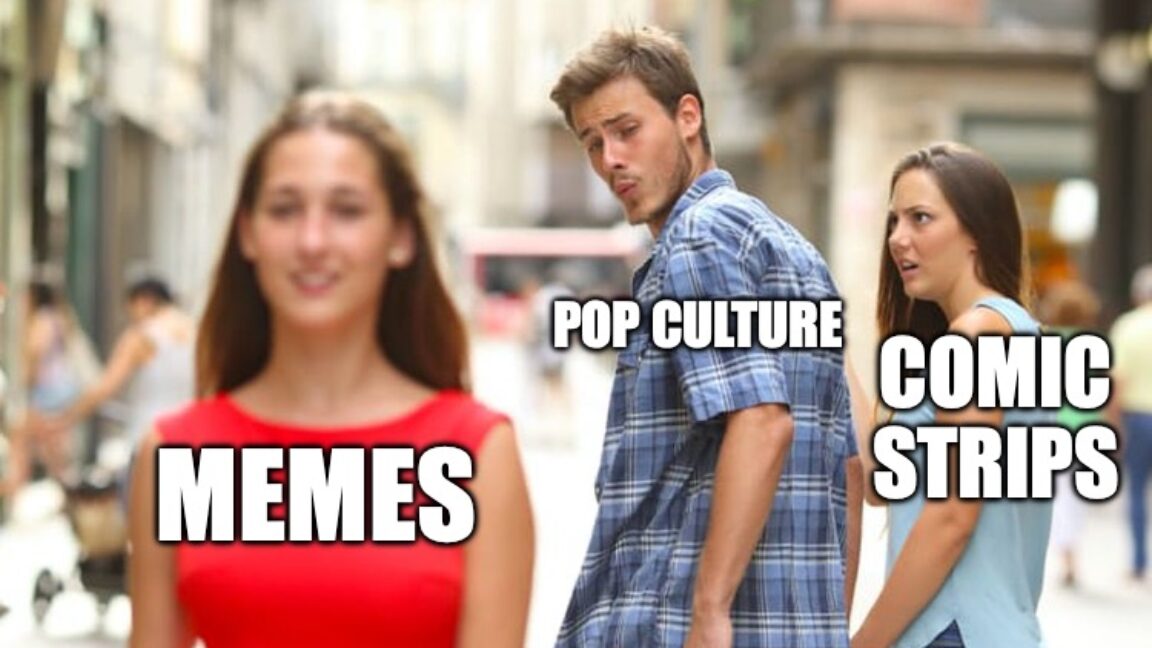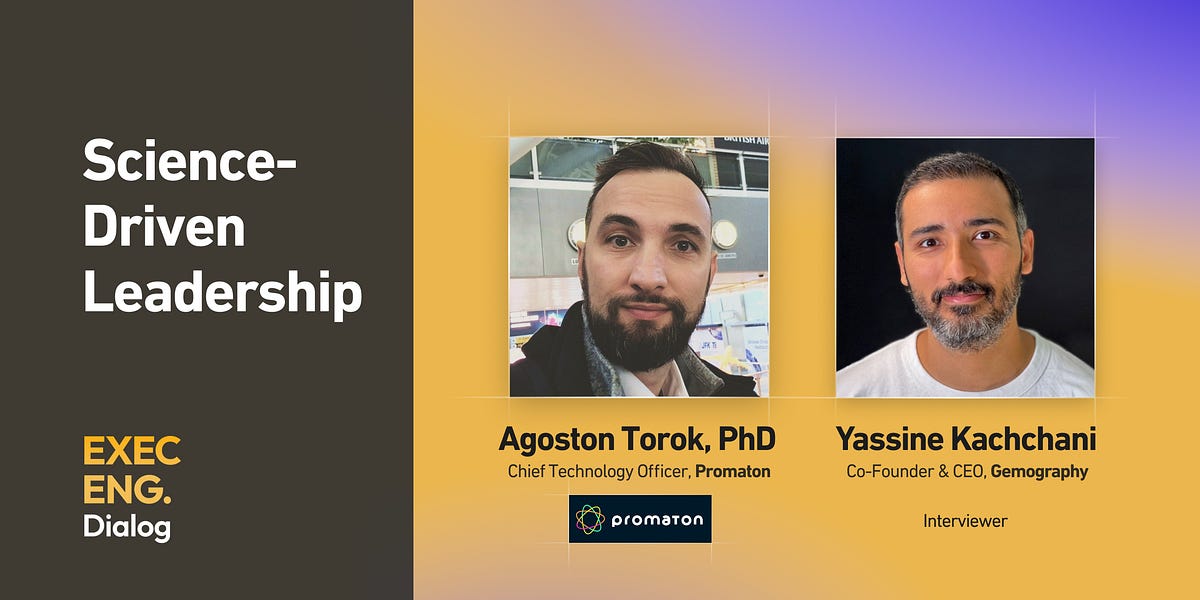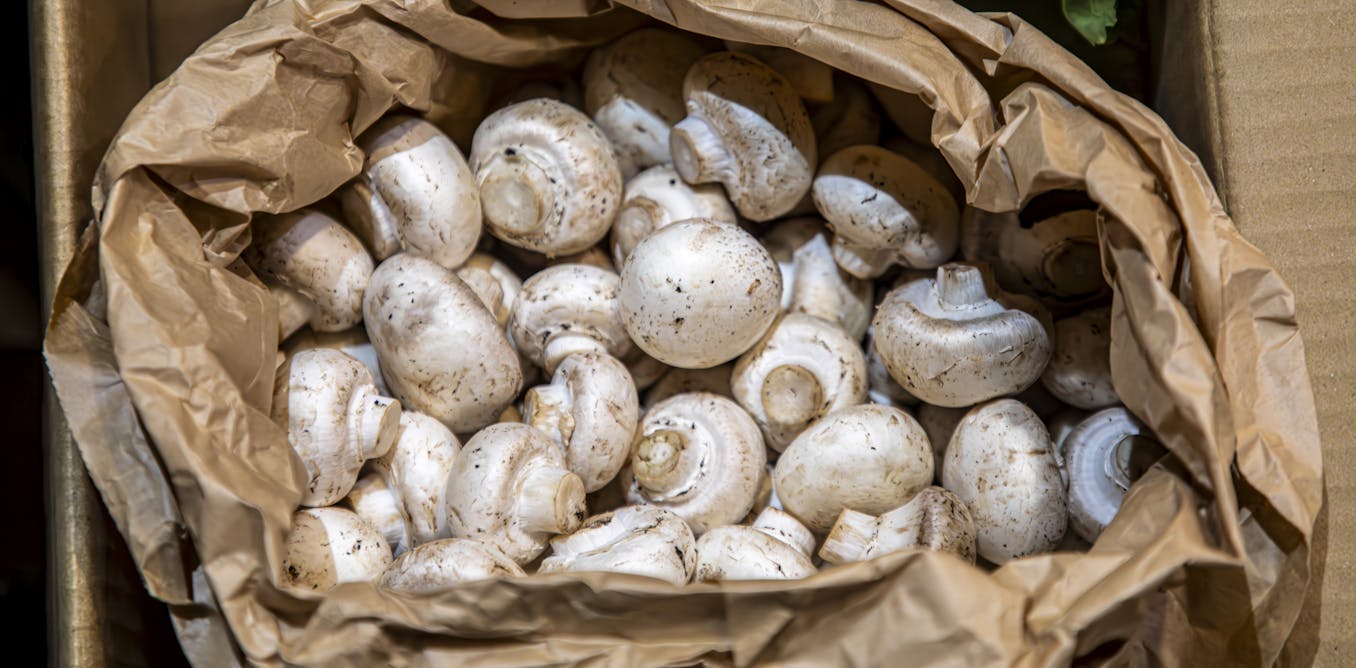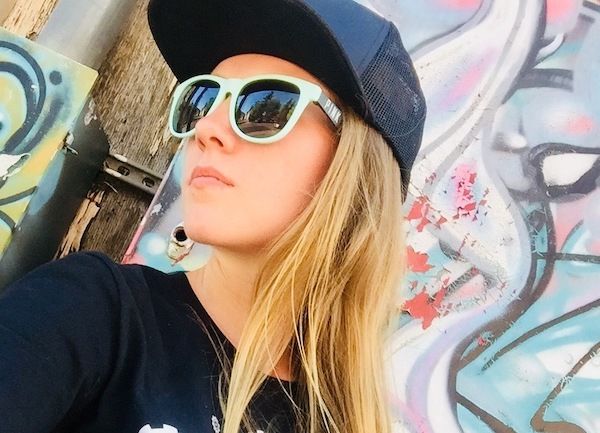
From teaching to Turing to Silicon Valley
Katherine Lewis started learning to code to help her students. As a Teach For America corps member, she spent her first summer break as a facilitator for Kode with Klossy summer camps that are focused on teaching middle and high school aged girls to code. "After four summer camps, I knew I loved programming, but I never thought it could become my career," she said.
After two years of teaching elementary school, Katherine felt ready to find a new career path. With her background in business, she decided to pursue management consulting, but when a few interviews with top firms didn’t lead to an offer, she reconsidered what kind of career she even wanted. “I was at a crossroads and had to decide what to do next, I remembered Turing School was a partner of Kode with Klossy and I appreciated how their mission aligned with my values.” While many students opt to research a few different bootcamps and technical training programs, Katherine was set on Turing from the beginning because she already lived in Denver and she felt a connection to Turing’s mission of helping a diverse and inclusive student body find high-fulfillment technical careers. “I didn’t see other programs with as much of an emphasis on the social aspect of programming. I didn’t want to just learn how to code, I wanted to be a responsible engineer,” she explained. “I felt confident Turing would give me that based on my experience at the Kode with Klossy workshops that were ran by Turing instructors." Katherine started Turing's Front-End program in January 2019 and immediately began learning technical concepts and figuring out how to apply them to projects with her cohort mates. “I didn’t expect to meet so many quality people in the program. Everyone came from different backgrounds, but we all bonded so well through the challenging process.” she said. “We watched each other grow and evolve and that created a strong community.” One of her proudest accomplishments came when her team built an application that won first place in Turing’s Demo Competition (a showcase of top student projects for employers and industry experts).
The project was her idea, born out of a problem that was close to home. “My mom was going through a difficult illness and needed a lot of assistance at home,” Katherine said. “I knew there had to be a better way to organize the logistics, from a technical standpoint.” The team worked on a React Native mobile iOS application called SOPHIA. It was a two sided application where the caretaker and the person in need of assistance had their own accounts. The caretaker could check off things on a list that the person in need created. On the road to big wins like this there are always challenges and set-backs. For Katherine, that came from experiencing burnout during Mod 3. Turing School’s program is broken up to four six week stretches of learning and projects called Modules or Mods. “I failed and ended up repeating. It was the worst time in my mom’s illness and I was pushed over the edge in terms of what I could mentally digest. But, this was actually the best experience for me,” she said. “At my job now, all the work I do is in React and Mod 3 was when I learned that. Repeating solidified the concepts and I’m grateful to have done it twice.” Throughout her time in the program, Katherine remained focused on her end goal of finding a fulfilling career at a company that aligned with her personal values. She spent time in Mod 2 getting her job hunt started, applying to jobs online and trying to get interview practice. “I didn’t get any responses from those online applications, so during my second time through Mod 3, I focused on finding mentors within the Turing community,” she shared. She used her time with mentors to practice interview skills and build confidence in how she communicated technical concepts. Come Mod 4, she got strategic about her job hunt and started applying to positions where she personally knew someone at the company, attending meetups, and seeking recommendations from 1:1 relationships she had built through professional networking.



